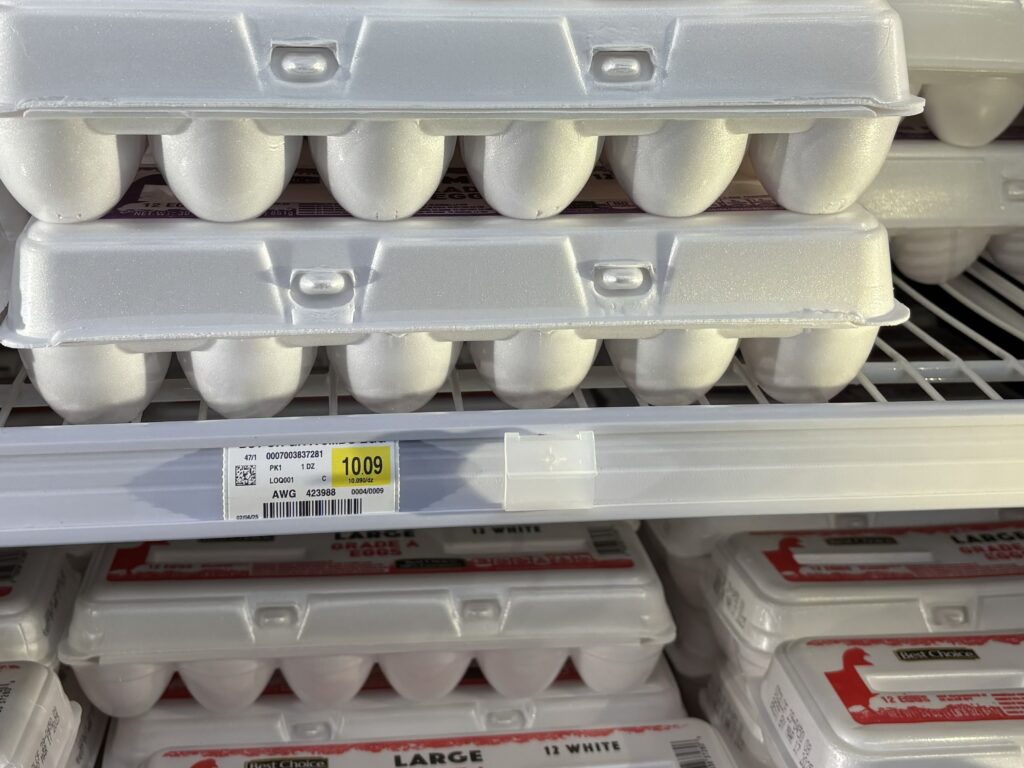Reposted from: https://www.washingtonpost.com/politics/2021/09/15/tom-vilsack-is-reassuring-farmers-that-biden-proposal-will-help-them/
Vilsack vs. the farm lobby: Progressives weren’t excited when President Biden announced he’d chosen Tom Vilsack as his Agriculture secretary. The Revolving Door Project called him “the wrong choice to lead USDA.” Groups representing Black farmers criticized his record on civil rights during his eight years as Agriculture secretary in the Obama administration.
So it’s a little surprising that Vilsack is now something of a progressive favorite.
“We’re thrilled — surprisingly so I have to admit,” said Joe Maxwell, the president of the Family Farm Action Alliance, which criticized the choice of Vilsack in December. “But we’re thrilled that he’s the secretary of the United States Department of Agriculture.” Maxwell applauded Vilsack’s support for debt relief for Black and other historically disadvantaged farmers and his efforts to fight consolidation in the industry. And he praised Vilsack’s efforts to diversify the department along with progressive hires such as Andy Green, a Center for American Progress veteran who’s now Vilsack’s senior adviser for fair and competitive markets.
Some of the agriculture trade groups that backed Vilsack’s nomination, meanwhile, now find themselves fighting him and his party on a critical issue: Biden’s proposal to change how capital gains are taxed, which they say would make it harder for family farmers to pass on land to their children. The idea is one of a number of tax proposals designed to help pay for Democrats’ $3.5 trillion spending bill.
“There’s a deep concern out in the countryside about the ability of farmers, ranchers and producers to be able to transition and transfer ownership of their farms and ranches to the next generation,” Vilsack told The Early 202. So Vilsack has been hustling to reassure farmers that Biden’s proposal won’t hurt them.
The children of family farmers who pass on their land won’t have to pay the tax unless they stop farming or sell the farm, he wrote last week in a Wall Street Journal op-ed last week. And they wouldn’t owe any taxes on the first $2.5 million in increased value. “The people who are going to pay tax under the proposal have never plowed an acre,” he wrote. “Don’t let lobbyists use American farmers as a smoke screen to keep a system that allows the rich to pass on their wealth tax-free.”
Lobbyists see it differently. While Vilsack has said that “98 percent of farm families in the country today” won’t be affected by the change, Dustin Sherer of the American Farm Bureau Federation said in an interview the USDA hasn’t clarified how it arrived at that figure. And the exemption for those who keep farming after they inherit the land could still create problems, he added, because it might hinder their ability to take out loans against the value of their farms.
Even Maxwell, who praised Vilsack’s record overall, said his group was delaying endorsing the administration’s plan until it saw more details.
Lobbyists fighting the proposal won a victory this week when the House Ways and Means Committee failed to include it in the committee’s draft plan for its portion of Democrats’ mammoth spending package.
“It’s over with,” said Collin Peterson, a former Democratic chairman of the House Agriculture Committee who called the plan “the worst idea that has been proposed in terms of its impact on agriculture in my lifetime” in an op-ed last month, told The Early 202. “There’s no reason to debate it. It’s not going to happen.” (Peterson is now a consultant but said he isn’t representing any clients on this issue.)
In the interview, Vilsack said he wished farmers would look at the whole budget bill rather than singling out the tax provisions causing so much angst. “I would be willing to wage that a majority of farm families with children will see their taxes cut” because the bill would extend the childcare and dependent tax credit, he said. It could also lower health care and prescription drugs costs for many farmers.
He went on, “Everyone needs to take sort of a 360 view of this and not necessarily just simply focus on a particular aspect that may have an impact on a very, very, very, very small percentage of farm owners in the country.”



